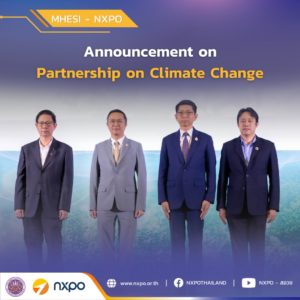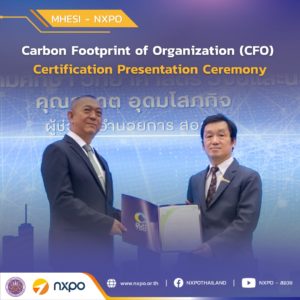On 17 March 2025, NXPO welcomed a delegation from the Thailand Policy Lab, a policy innovation lab established by the United Nations Development Programme (UNDP), for a meeting to explore potential collaboration. The discussion was led by Dr. Surachai Sathitkunarat, President of NXPO, and Ms. Niamh Collier-Smith, UNDP Resident Representative in Thailand.
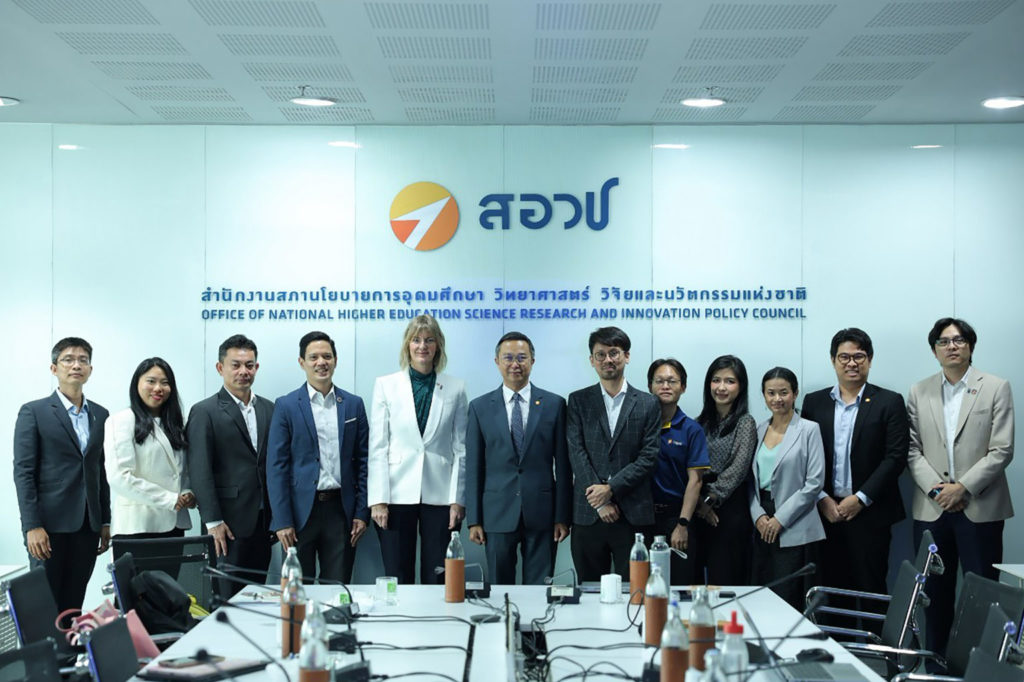
Dr. Surachai introduced NXPO’s function as Thailand’s policy think tank for higher education, science, research, and innovation. NXPO’s key responsibilities span policymaking in these areas and include: 1) Future setting, 2) Formulating policy frameworks for higher education and science, 3) Developing new initiatives and policy packages, 4) Designing regulatory frameworks and sandbox mechanisms to foster research and innovation, 5) Conducting system research and mechanism design to strengthen policy management, governance, budget allocation, and monitoring and evaluation systems, 6) Integrating data systems to support policymaking, budgeting, and monitoring and evaluation, and 7) Serving as the secretariat of the Policy Council.
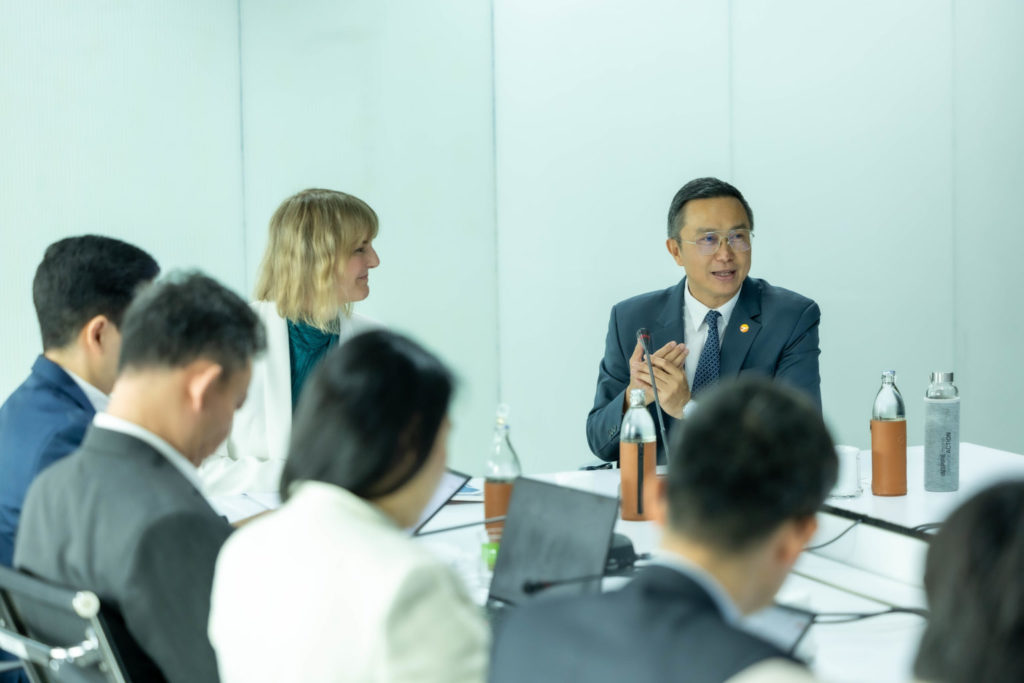
NXPO supports government policies across national economic, social, and environmental development: 1) Economic – Strengthening existing industries while fostering future sectors such as future food, semiconductors, and electric vehicle (EV) conversion; enhancing the innovation capacity of Thai firms for global competitiveness; advancing research and innovation infrastructure and ecosystem; and expanding Thailand’s role in international collaborations; 2) Social – Developing a workforce aligned with future labor demands, implementing measures such as the Thailand Plus Package for STEM skill enhancement, accelerating university programs to meet urgent labor needs, and establishing academia-industry collaboration mechanisms; and 3) Environmental – Supporting Thailand’s carbon neutrality goals by piloting net-zero city models such as the Saraburi Sandbox, and developing platforms to help universities achieve net-zero greenhouse gas (GHG) emissions.
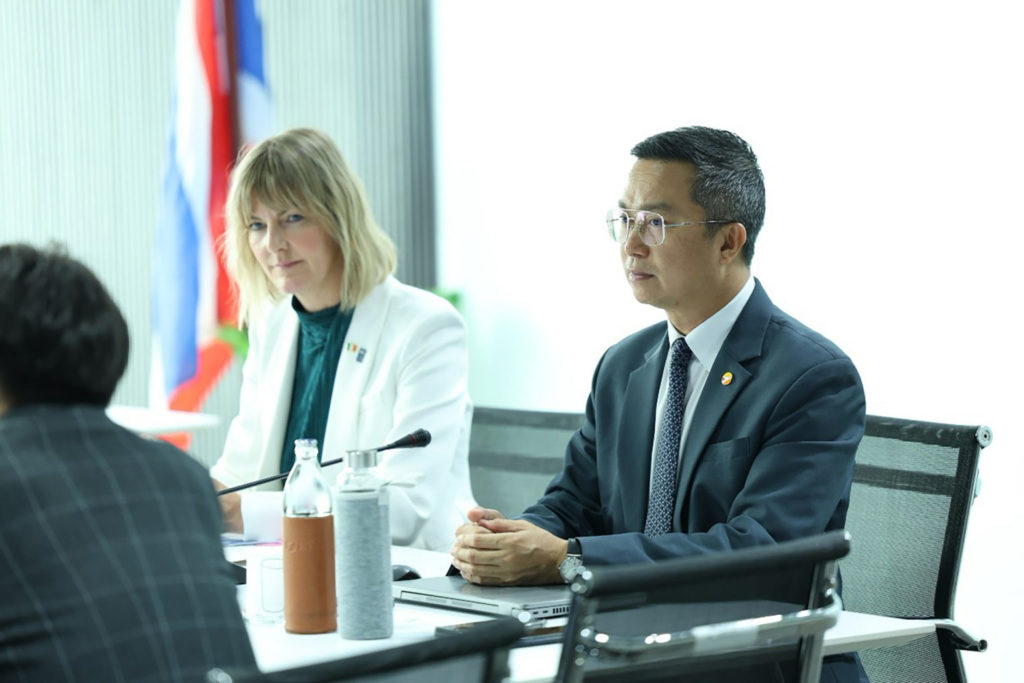
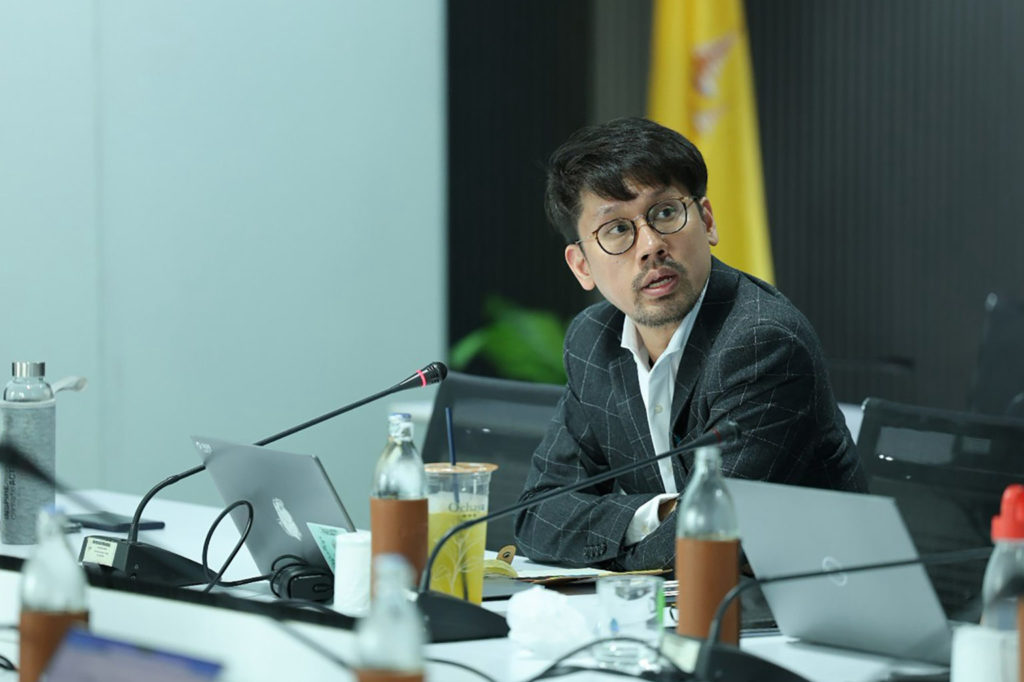
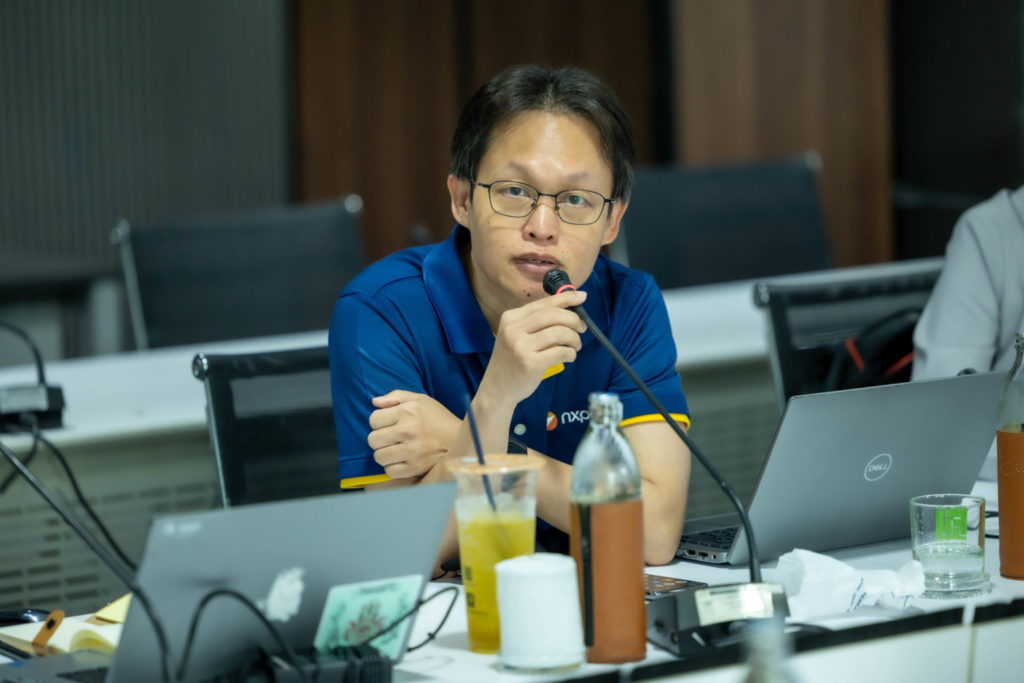
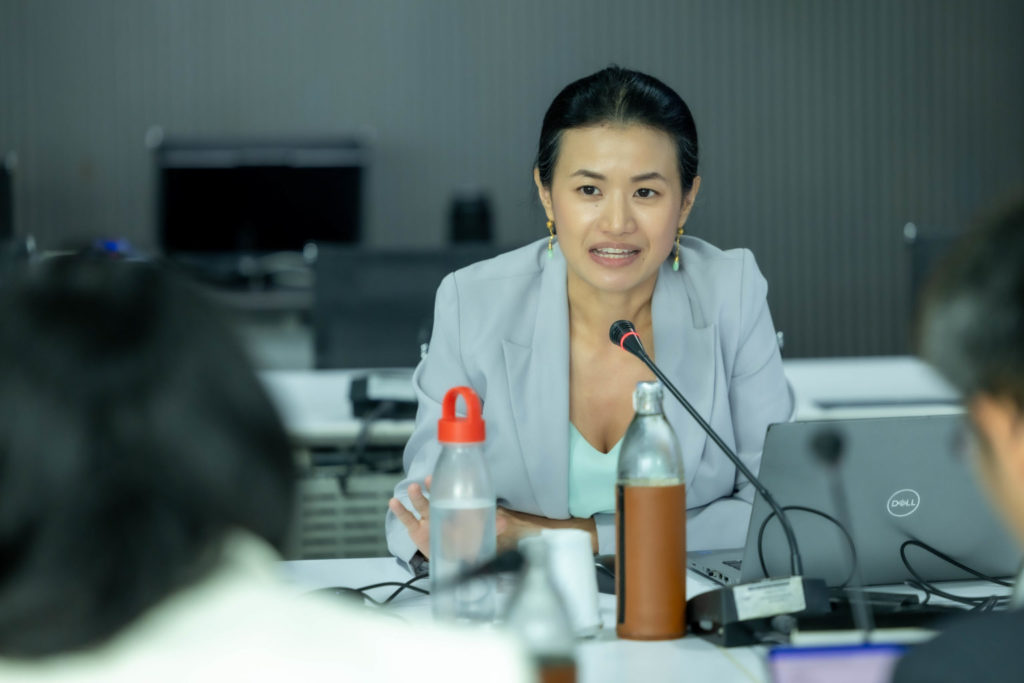
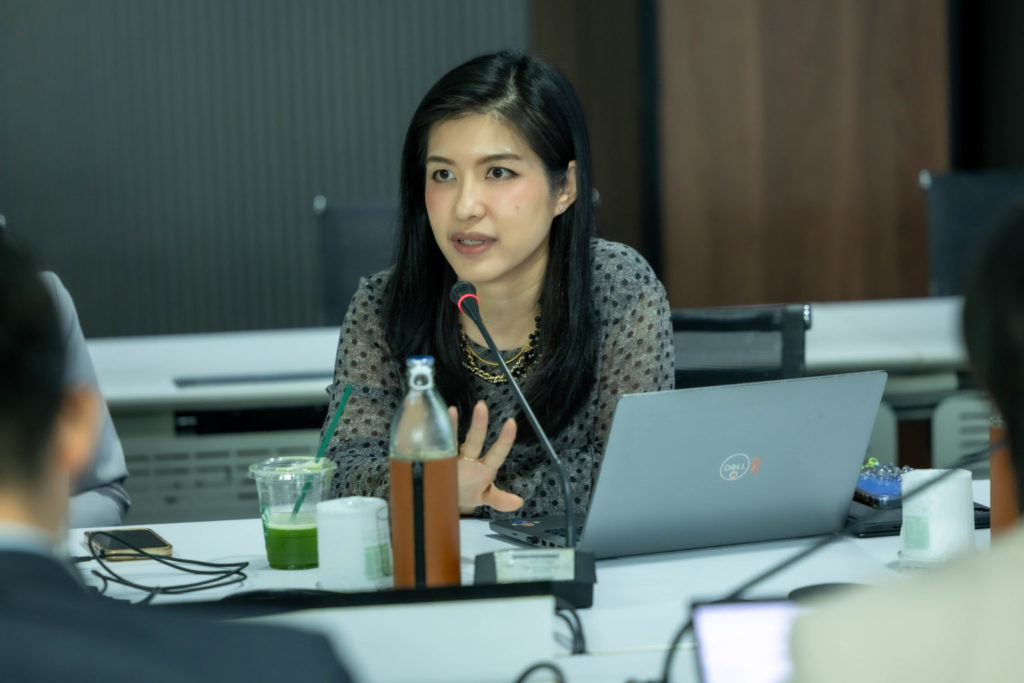
Another key function of NXPO is hosting the APEC Center for Technology Foresight (APEC CTF), which helps organizations anticipate global and local trends through foresight tools, enabling evidence-based policymaking. Key initiatives of the APEC CTF include Circular Economy Technology Foresight, APEC STI Strategic Foresight: Net-Zero Emissions, and APEC Energy Transition. In addition, NXPO is conducting a Technology Needs Assessment (TNA) to identify the technologies Thailand requires to reduce GHG emissions, with the findings to be submitted to the United Nations (UN).
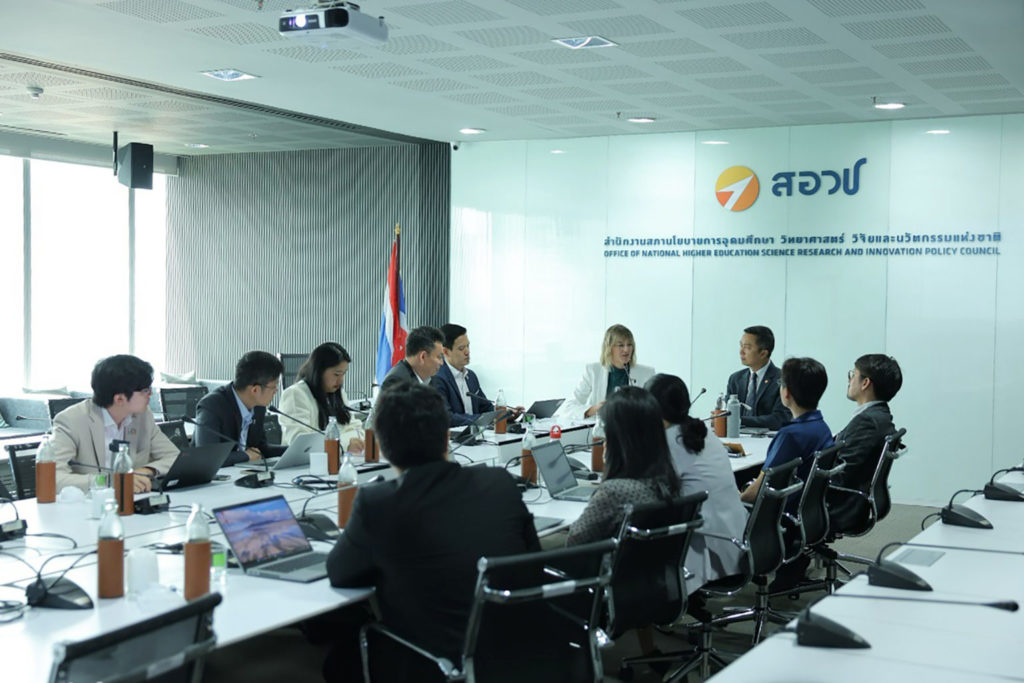
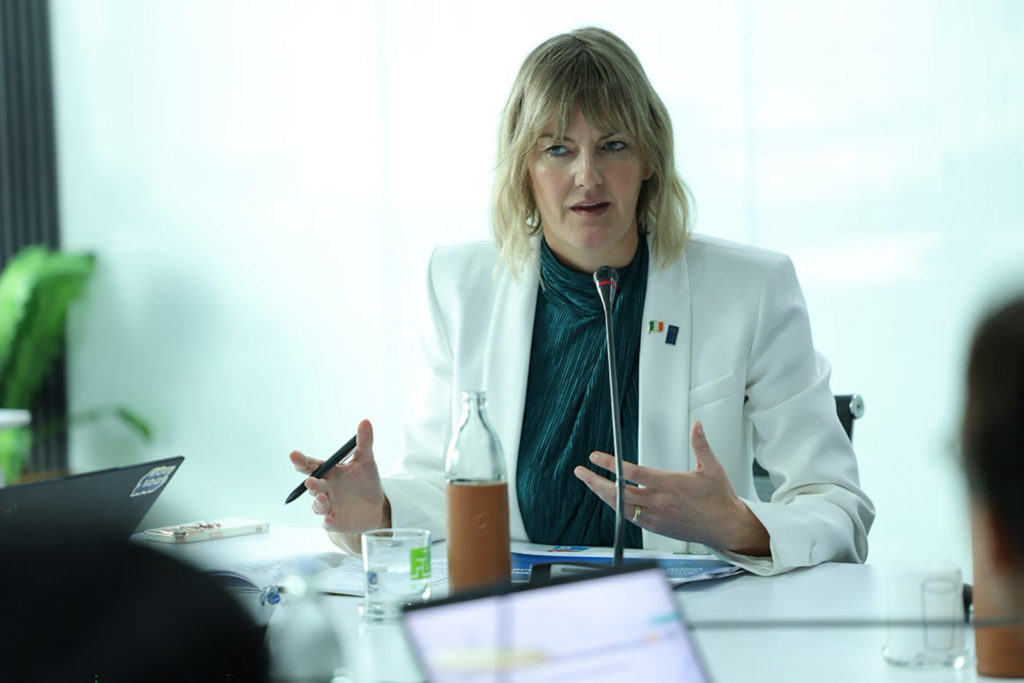
UNDP, as the UN’s development agency, supports countries in achieving the Sustainable Development Goals (SDGs). Established by UNDP in collaboration with the Office of the National Economic and Social Development Council (NESDC), the Thailand Policy Lab (TPLab) seeks to transform traditional public policymaking processes into policy innovation design, shifting toward a citizen-centric approach. TPLab operates under three core pillars: 1) Policy Innovation Exploration and Experimentation, 2) Capacity Building on Policy Innovation, and 3) Learning Community of Innovators.
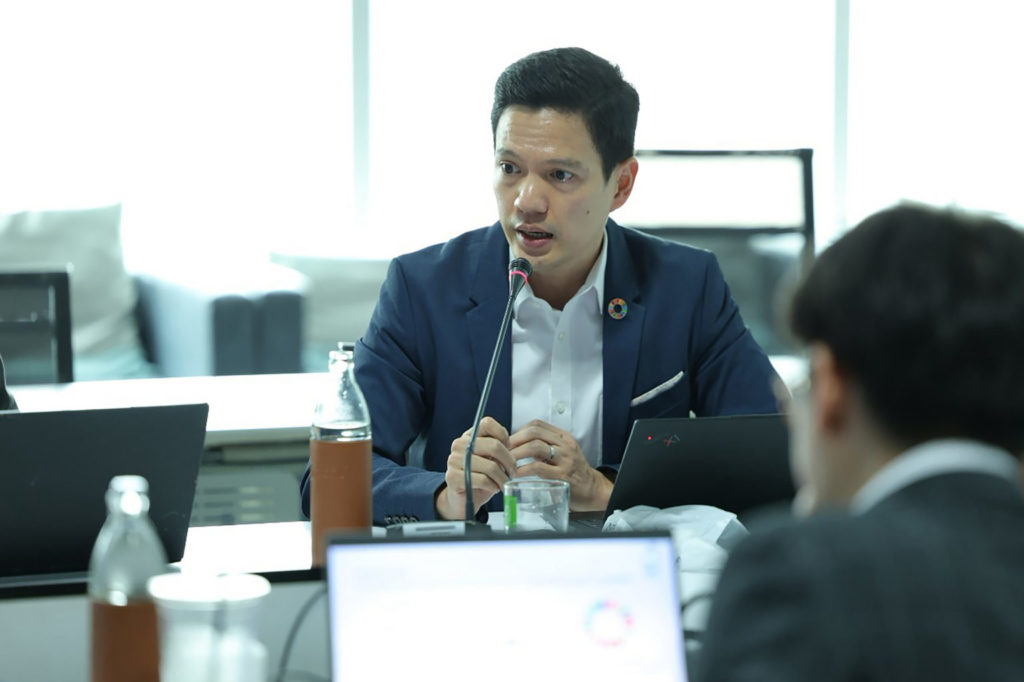
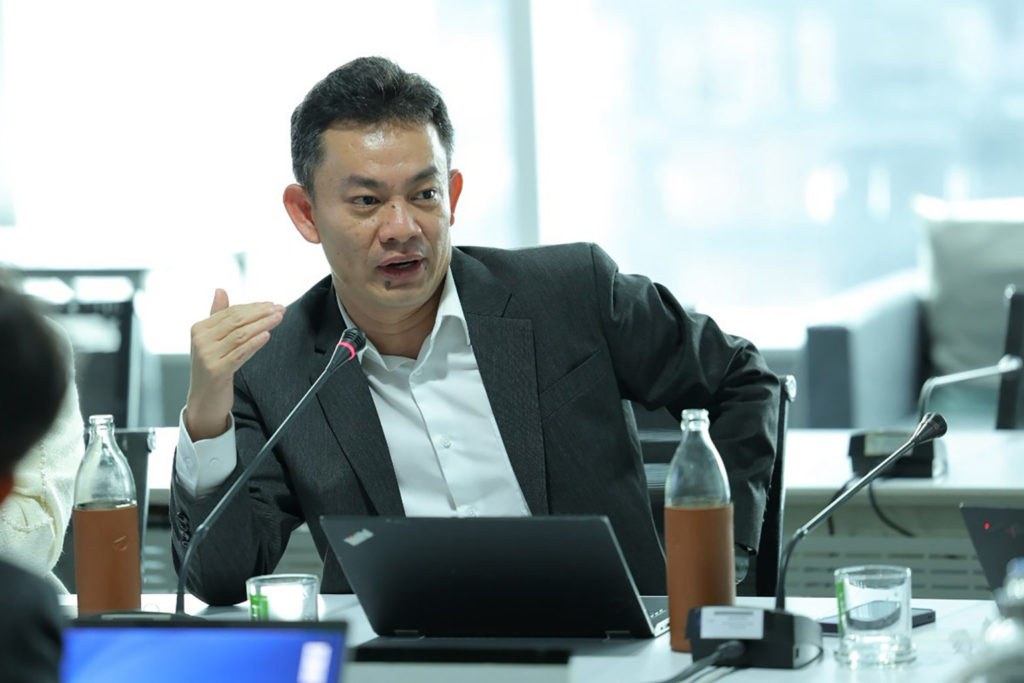
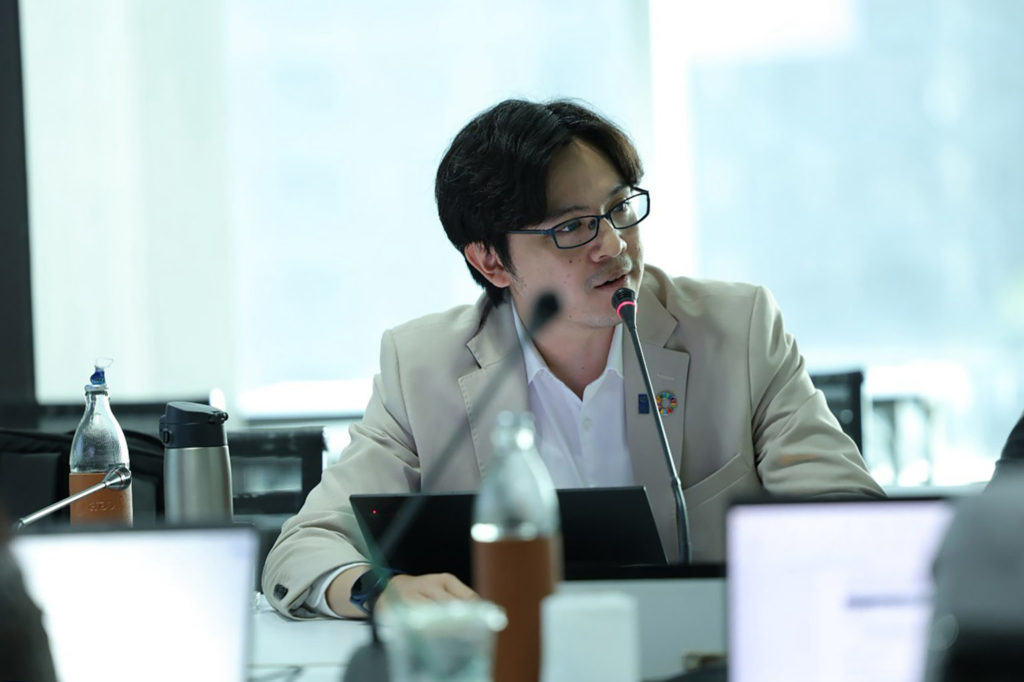
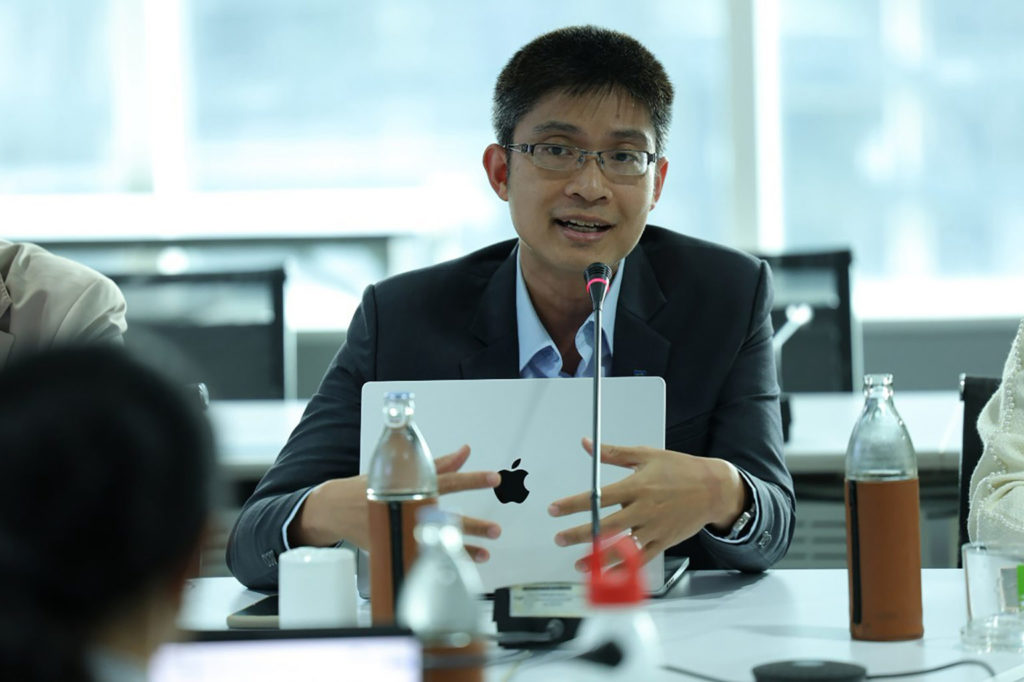
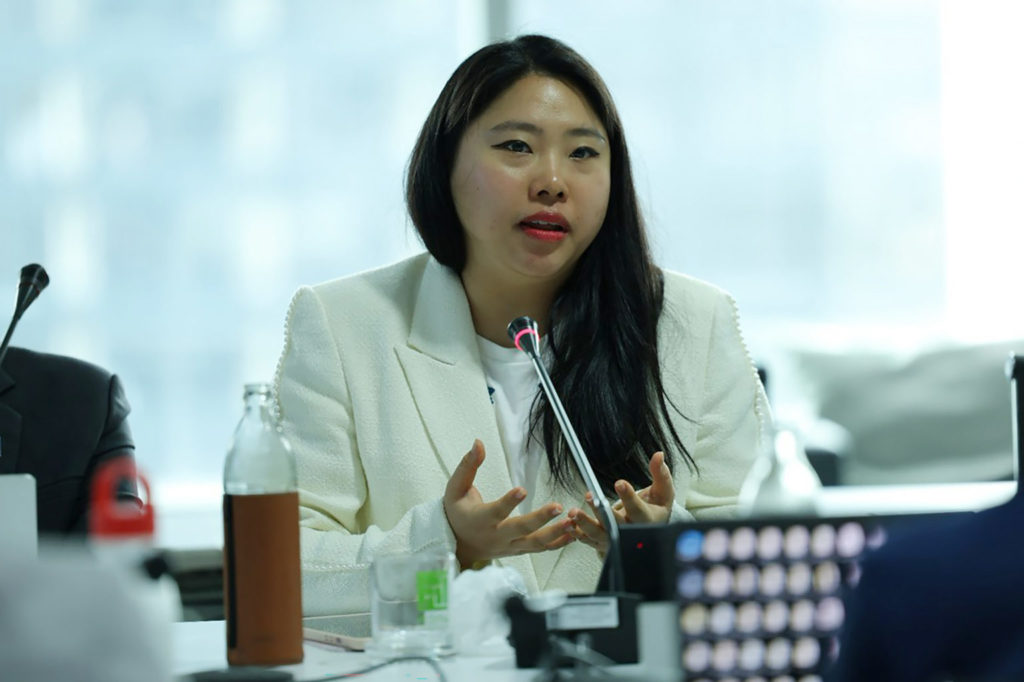
Key areas of potential NXPO-UNDP collaboration include developing project-based policy innovation, sharing platforms and tools, fostering policymakers networks; supporting youth and innovation entrepreneurship; and advancing a Just Energy Transition (JET).



